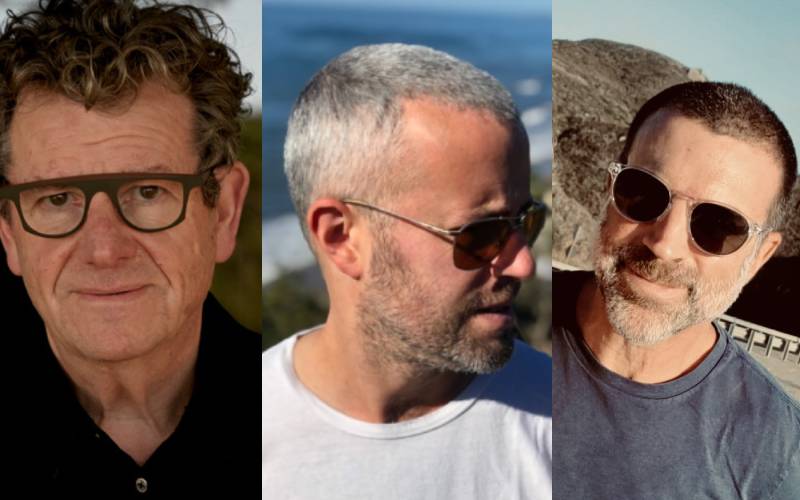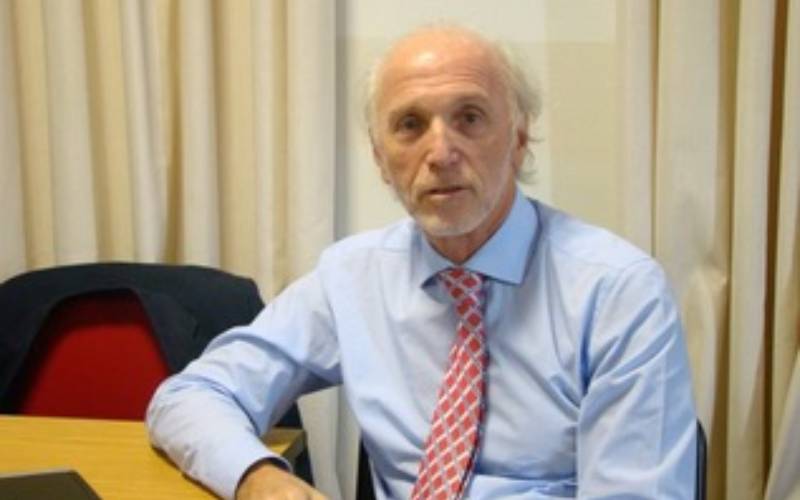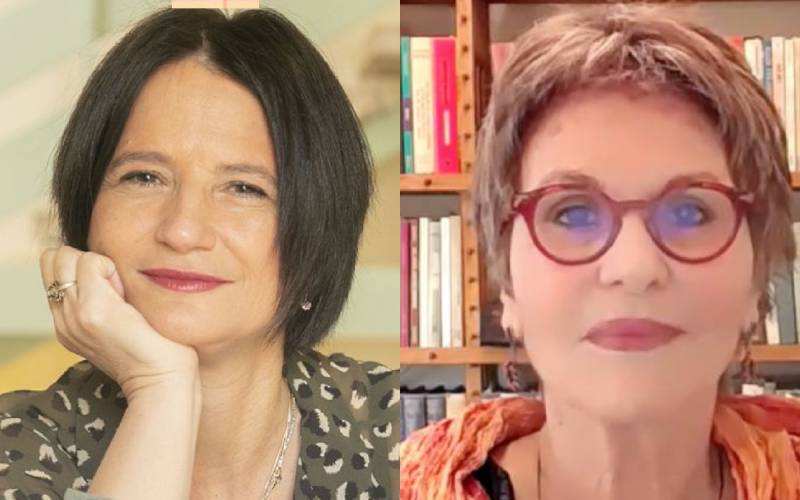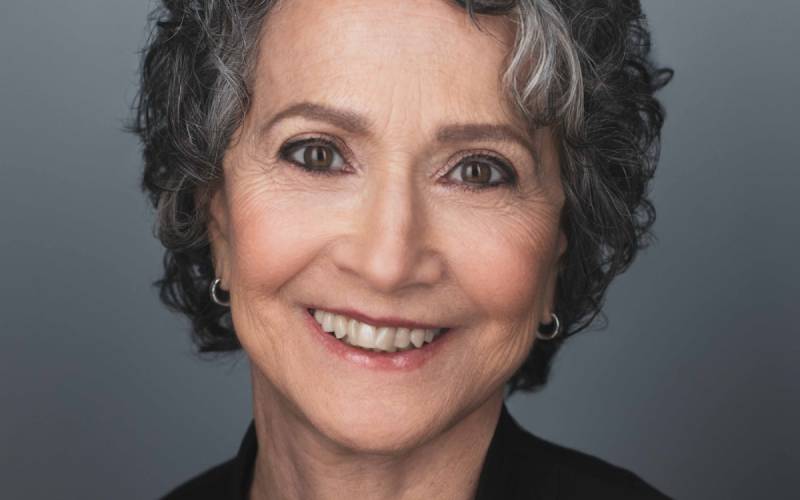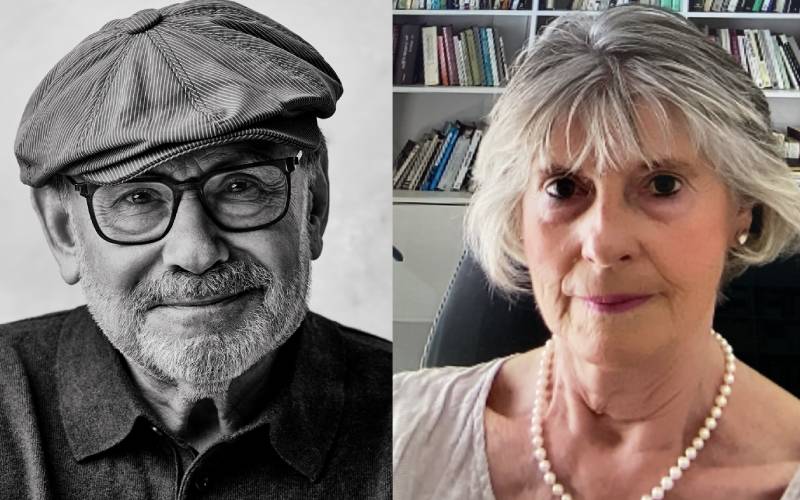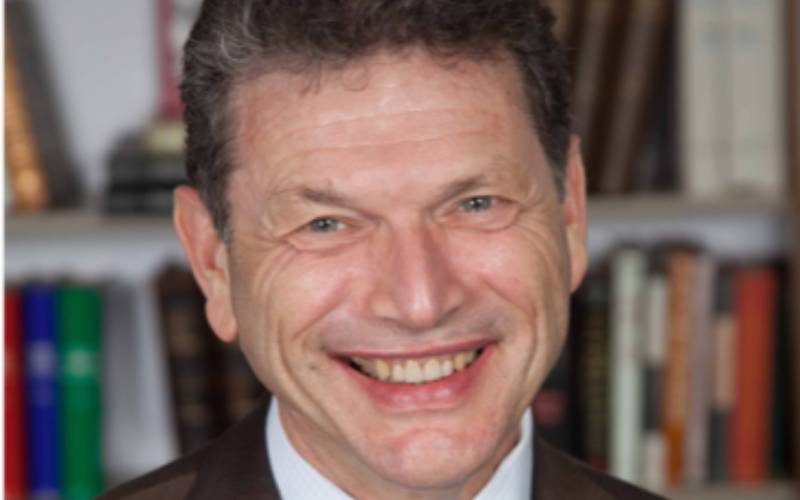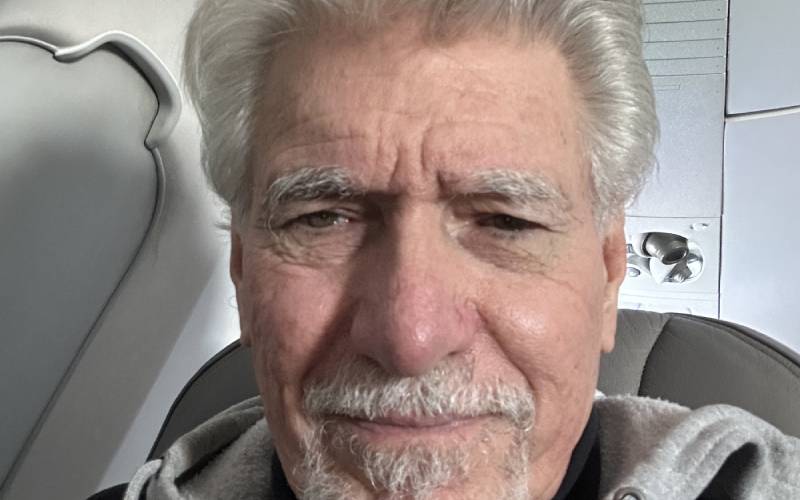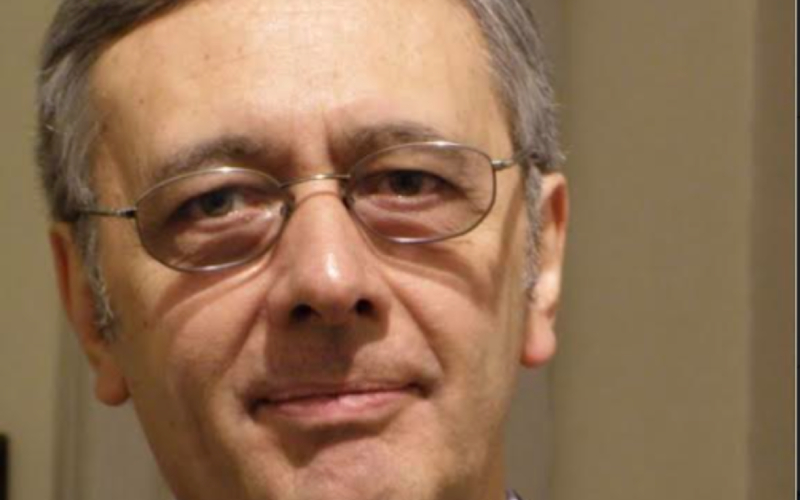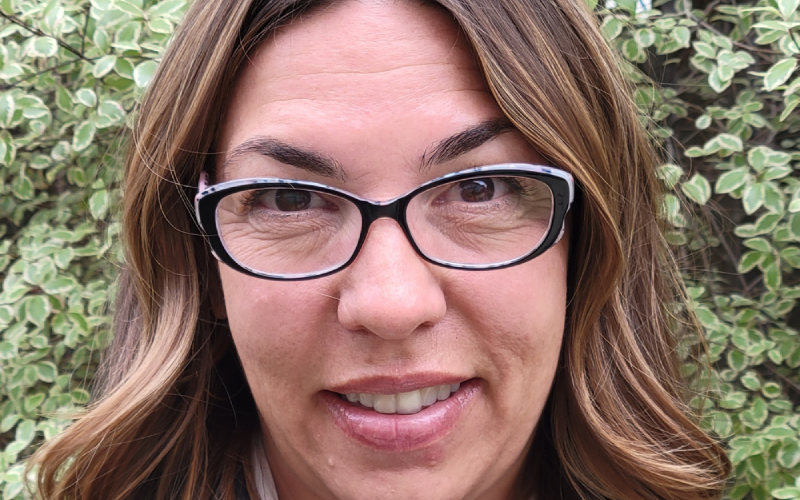Episode 148: The Spirit of Music in Psychoanalysis with Peter Goldberg, Ph.D., Michael Levin, Psy.D and Adam Blum, Psy.D. (San Francisco Bay Area)
“The fact that music is so important for our constitution – that music is almost how we move in the world, that our own bodies are played through by musical forms, that the way we relate to our own way of being in the world is sort of mediated by music – this is powerful…
Read MorePodcast: Play in new window | Download

